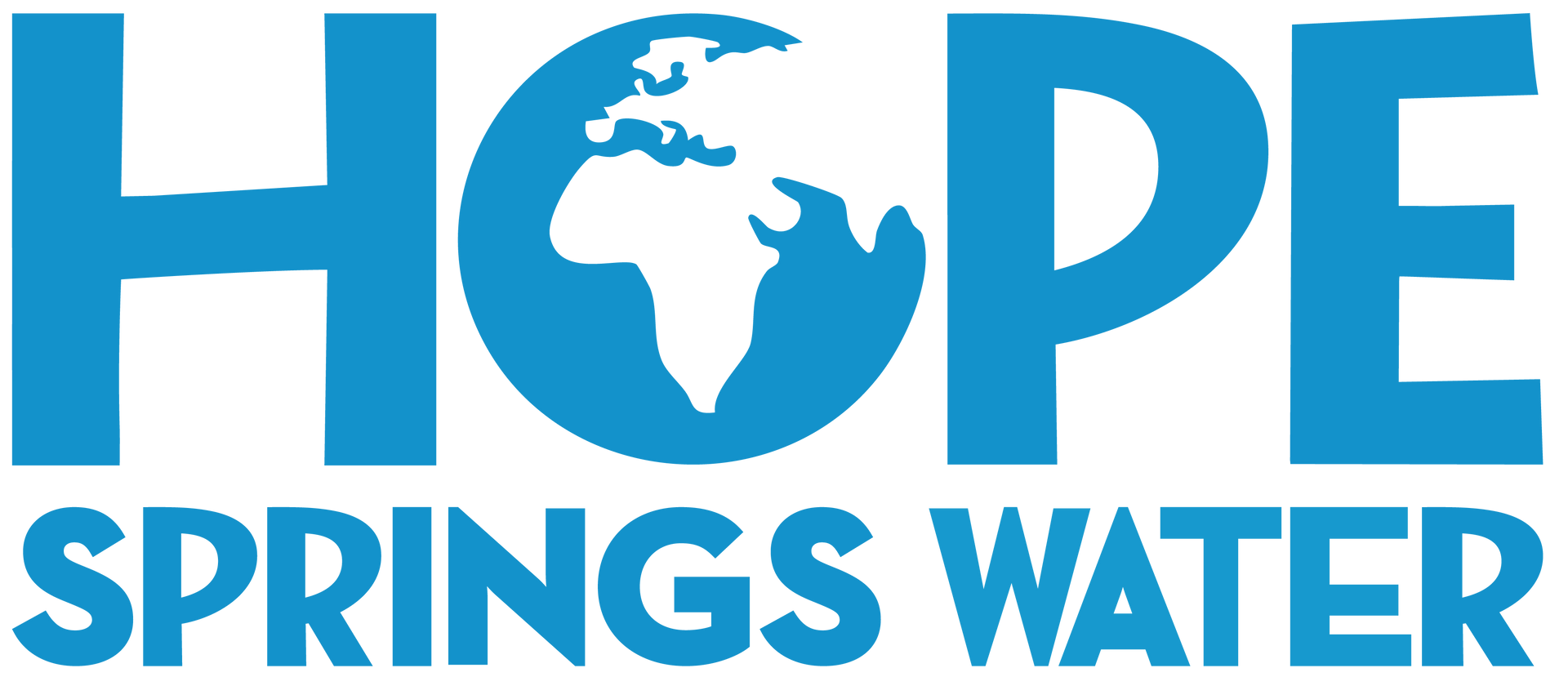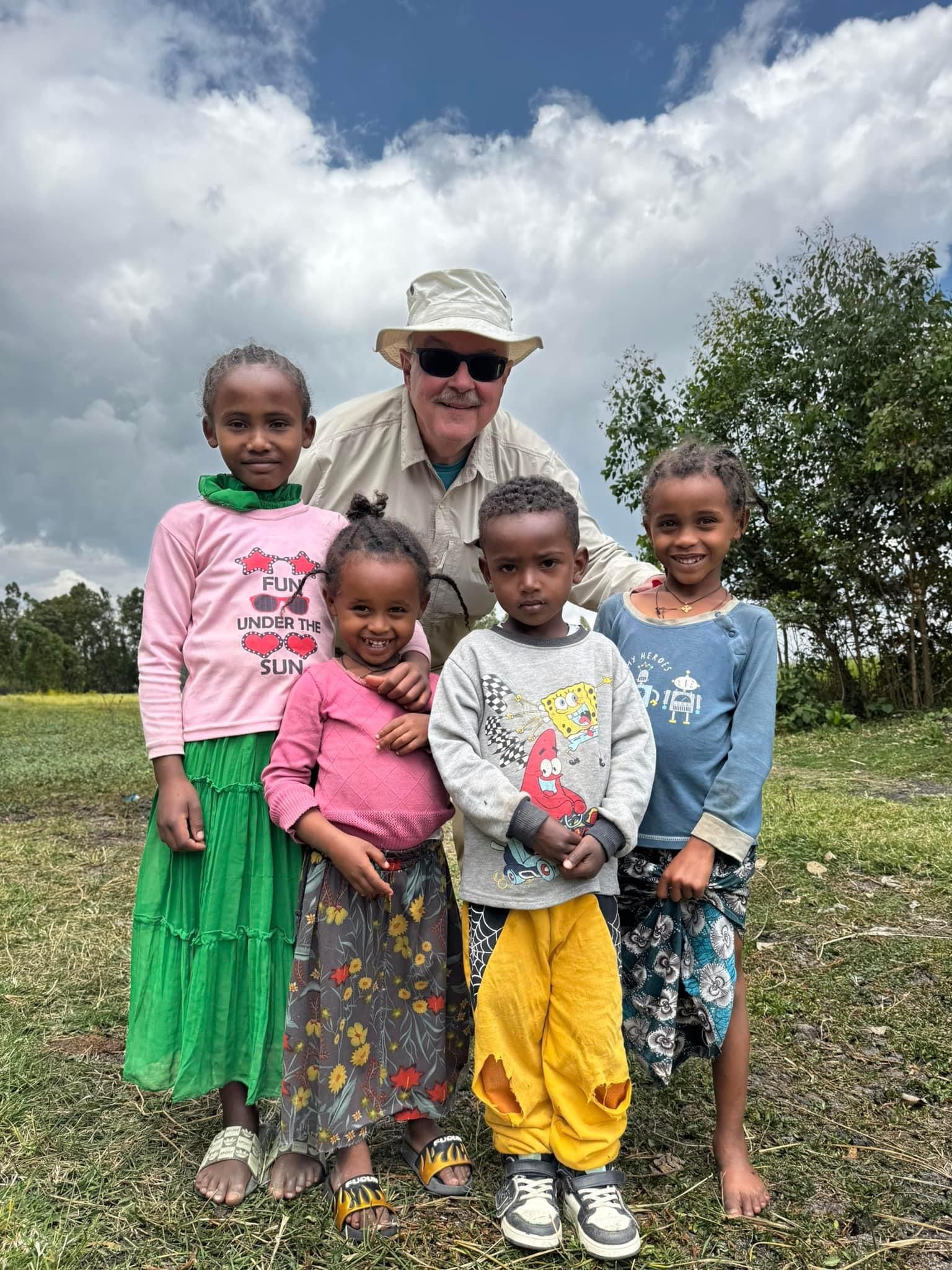Our History
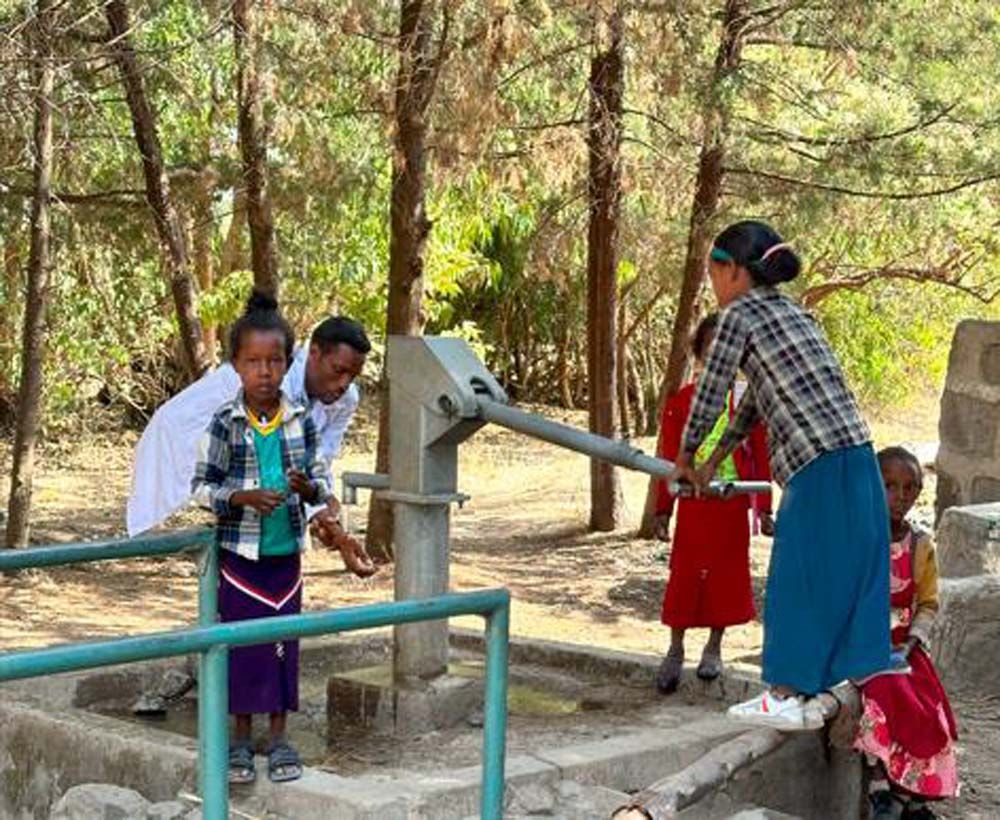
2023
In 2023, we launched a three-year WASH initiative in Ethiopia in partnership with local communities and government agencies. This project will improve the health and well-being of approximately 33,852 underprivileged women, children, and families in rural regions of the country by increasing accessibility to clean water and sanitation facilities, improving public health, and expanding hygiene education.
2020
In 2020, we concluded our 5-year initiative in Belize, and began a new WASH program in Guatemala. This program focuses on bringing clean water, improved sanitation, public health and hygiene education to disadvantaged communities in remote regions of Guatemala.
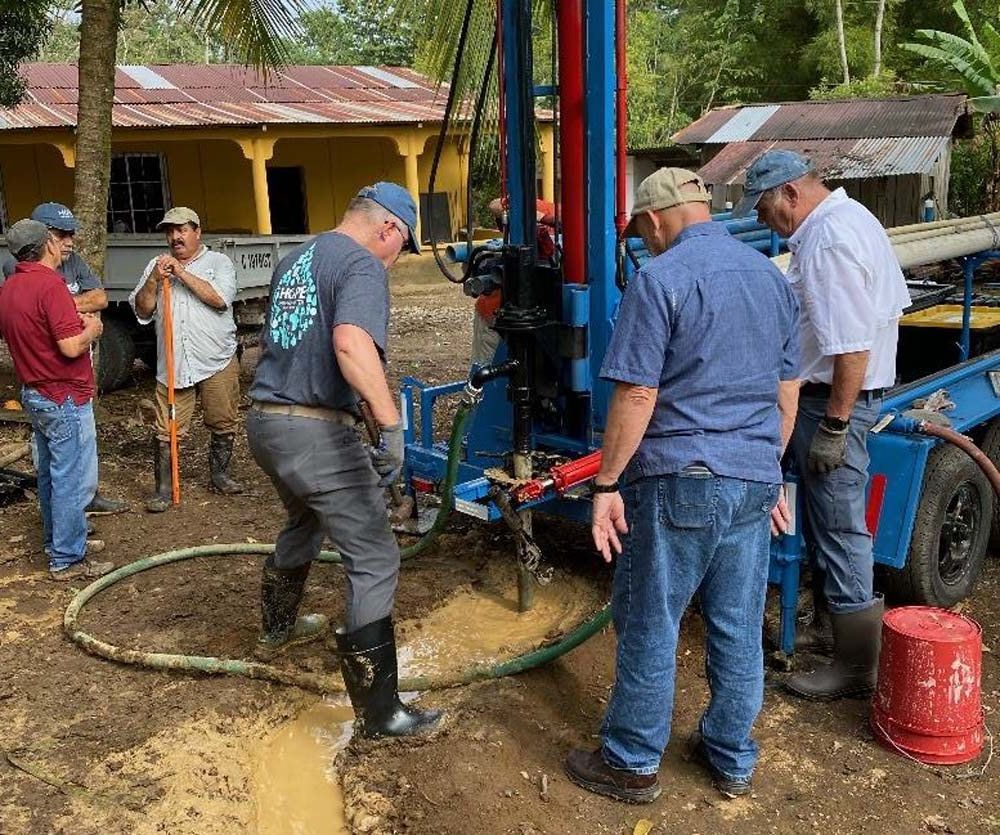
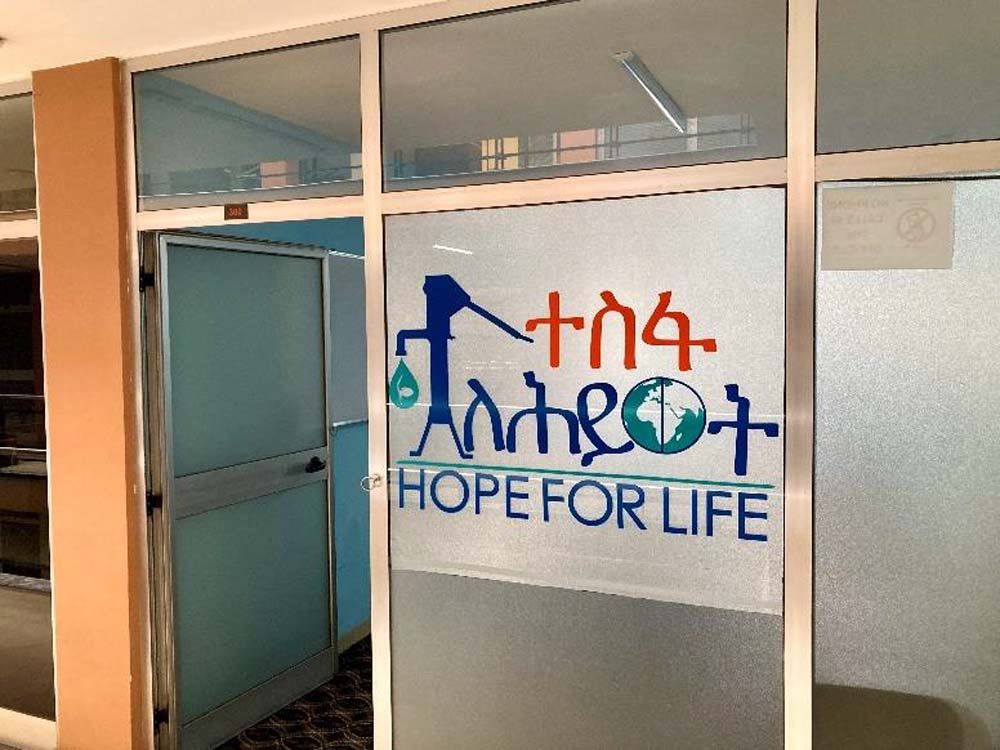
2018
In 2018, Hope Springs Water helped to found Hope for Life, an Ethiopian national non-governmental organization with a home office in Addis Ababa, Ethiopia. Hope for Life was formed to meet the need for clean water access and better sanitation in Ethiopia and focuses on aiding disadvantaged communities and vulnerable populations. Hope Springs Water collaborated with Hope for Life on all our projects in Ethiopia.
2016
In 2016, we expanded our school-based WASH programs and developed the Hope for Girls program. The Hope for Girls program was designed to meet the hygiene and education needs of young girls as they begin menstruation. We combine this program with our other WASH initiatives to holistically address poor menstrual hygiene and improve health outcomes for girls in the developing world.
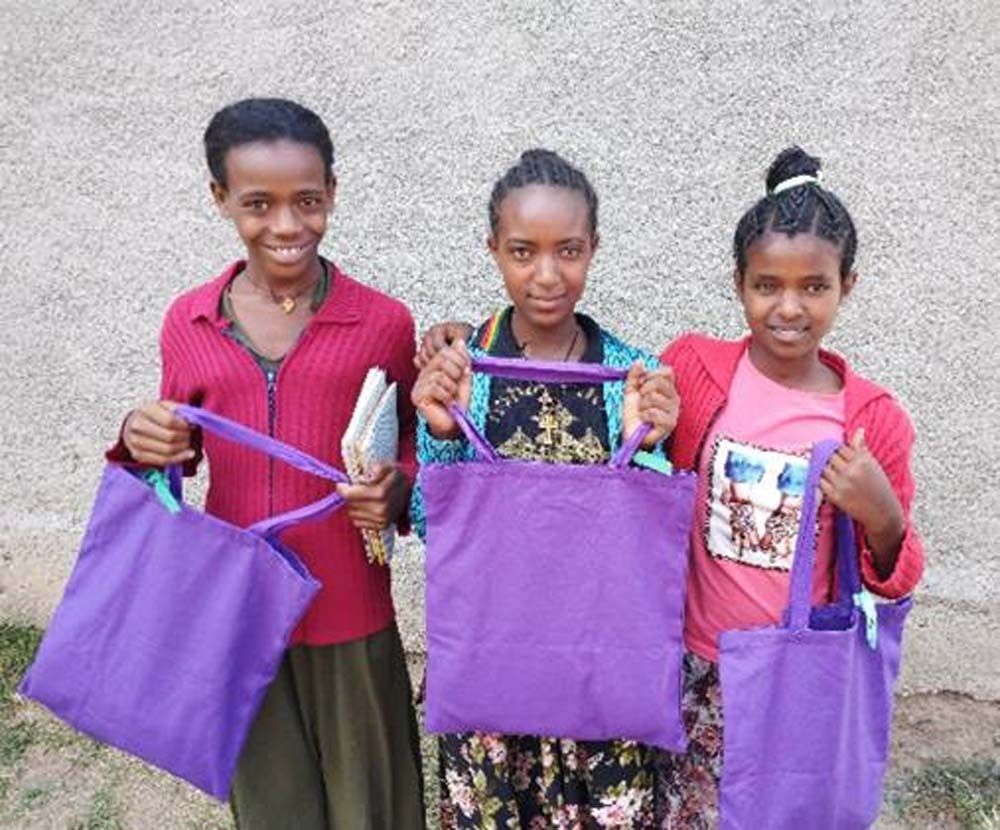
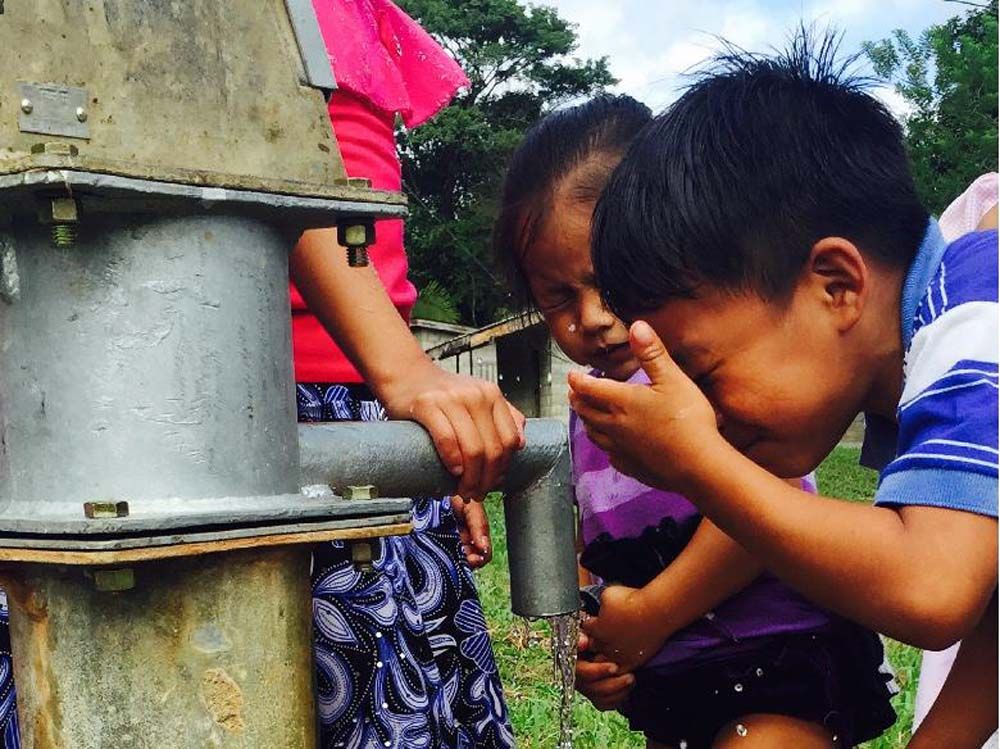
2015
In 2015 we partnered with public health officials in the Toledo District of Belize to identify areas of great need, then launched a major initiative to reclaim 50 abandoned wells. We also offered training on well maintenance and repair and community-wide hygiene education to ensure the sustainability of this project. We completed this initiative at the end of 2020.
2013
In 2013 we dug our first well in Ethiopia. Hope Springs Water's first wells in Ethiopia were all hand dug, some with ropes and washer pumps, and some with ropes and buckets. Today, we use portable drilling rigs. These rigs have expanded our drilling capacity, allowing us to bring clean water to thousands of people each year.
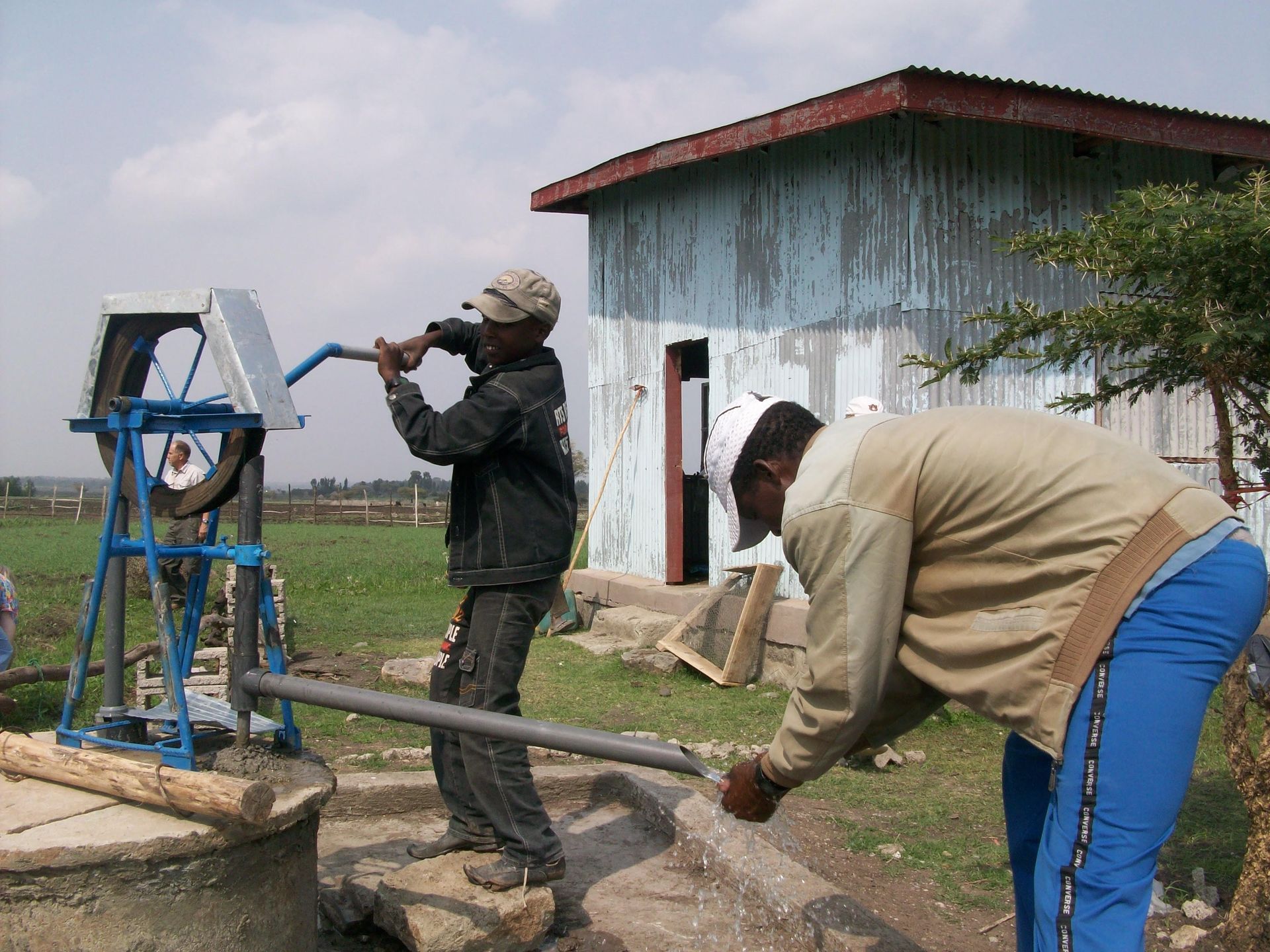
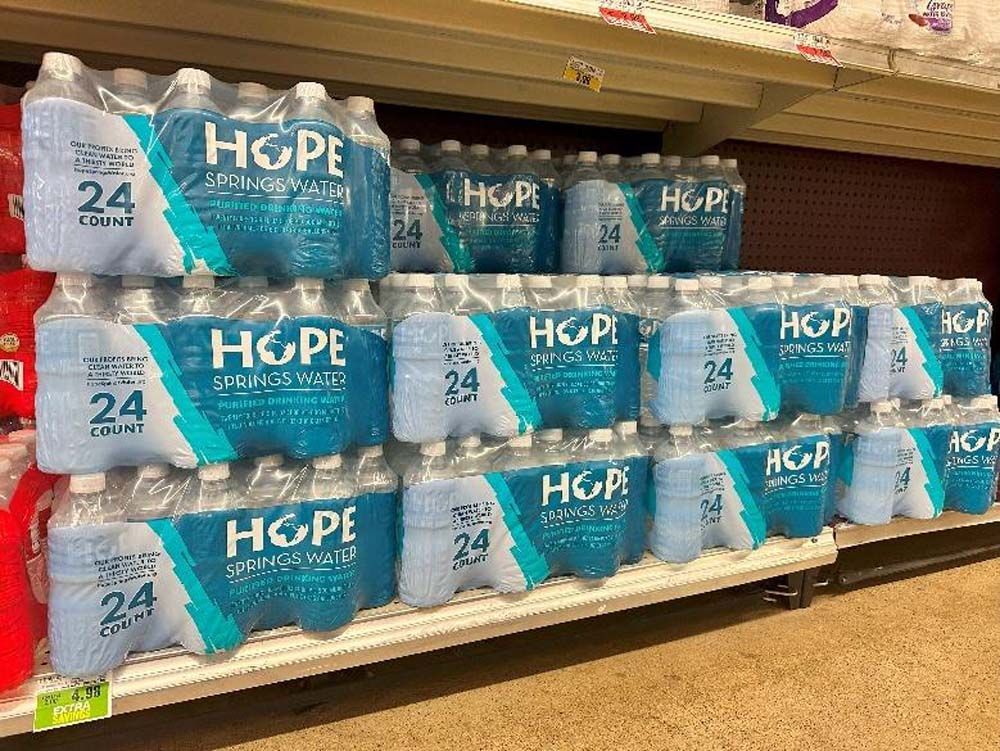
2010
Hope Springs Water's bottled water first became available for sale in 2010. Our water is now available in approximately 250 outlets, and all profits are used to support our water, sanitation, health and hygiene projects in the developing world.
2010
Hope Springs Water's earliest projects were conducted in rural communities along the Coco River in Nicaragua. Hope Springs Water still has a presence in Nicaragua today, bringing clean water, hygiene supplies, and hygiene education to families in need.
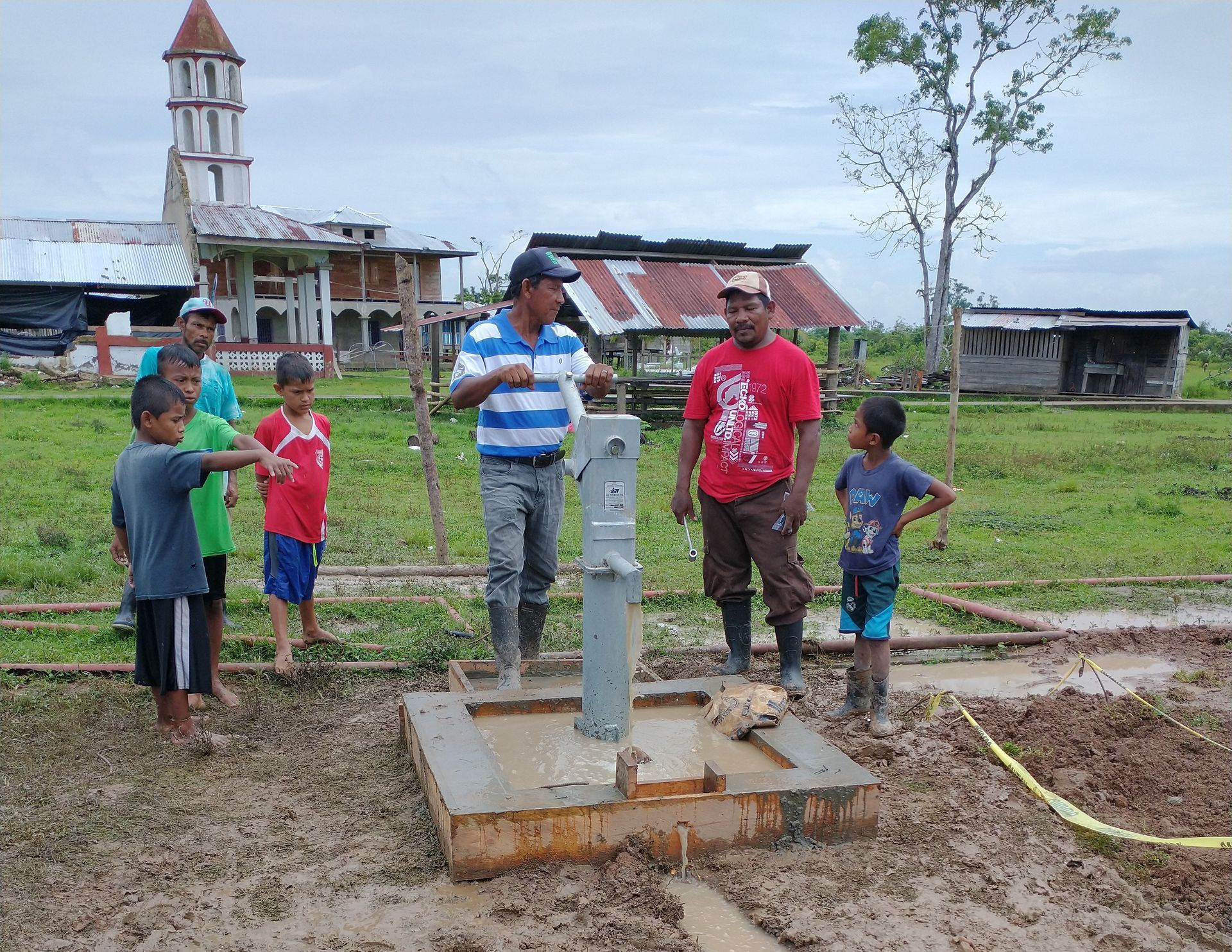
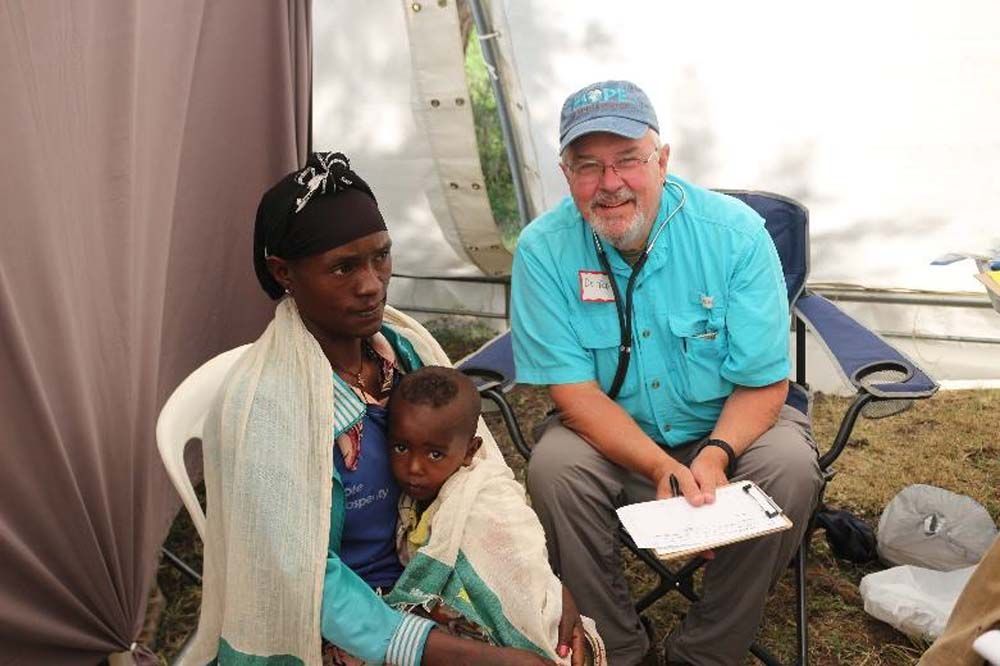
2010
Hope Springs Water was founded in February 2010 by Dr. Ted Mettetal after he witnessed the devastating impact that unclean water has in the developing world. Since then, our mission has been to bring HOPE to the world through Clean Water, Improved Sanitation, Public Health & Hygiene Education.
